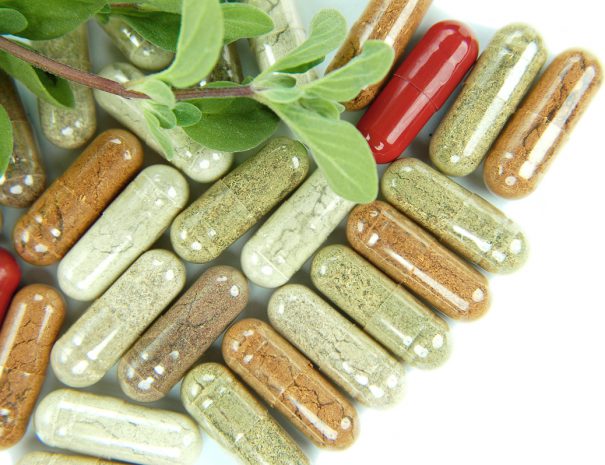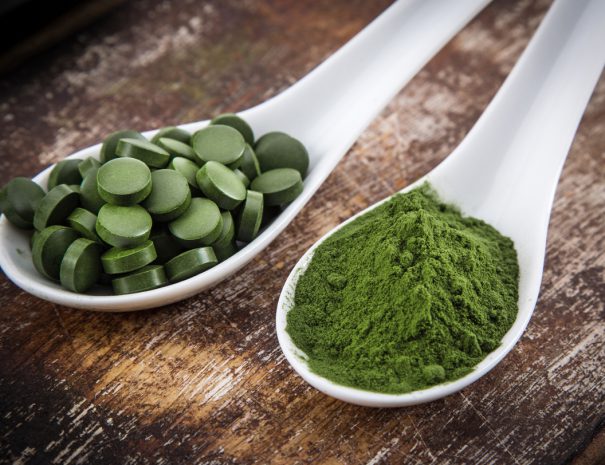Supplementation




“It’s best to avoid going to the supermarket or searching online when you don’t know what you’re looking for or if you’re self-diagnosing.
“Blood tests can be useful, however are not always necessary. We highly recommend speaking to your doctor or accredited practising dietitian to determine your need for supplementation.”
“Some supplements have adverse effects, like toxicity or interference with nutrient absorption when taken in excess. For example, vitamin A, B or zinc,” Parker said.
Here are five supplements health experts actually use:
1. Fish oil
“One of the key nutrients many of us don’t get enough of is long chain omega 3 fats (which are found naturally in oily fish, for example, salmon),” Debenham told HuffPost Australia.
“There is solid evidence to show that omega 3 fatty acids are necessary for a healthy heart and brain, and play a role in reducing inflammation throughout the body.”
“We cannot produce these in our bodies so it is essential that we receive them through our diet or supplementation,” Vogt said. “Ensure that you choose a supplement with a high concentration of EPA and DHA, and one that has purity and sustainability certifications.”
2. Probiotics
Probiotics are ‘good’ bacteria that line our digestive tracts and support our body’s ability to absorb nutrients and fight infection.
“There is mounting scientific evidence to show that the health of our gut directly affects our immune system. Taking a daily probiotic can be a simple way to help keep your gut healthy and your immune system strong,” Parker said.
“Whether you take it as a capsule, drink or powder, the choice is yours. If you’ve taken a course of antibiotics, supplementing with probiotics will also be beneficial to your gut.”
“Certain strains of probiotics support immunity, others digestion, and some even help to regulate weight and balance hormones,” Vogt said.
3. Vitamin D
Vitamin D is important for strong bones, muscular and overall health.
“Vitamin D is a fat soluble nutrient and is one of the 24 micronutrients essential for human survival. Due to the increasing rates of vitamin D deficiency and the implications, supplementation is encouraged if optimal levels are not present in the body,” Vogt said.
“Most of us probably get enough vitamin D from the sun during the summer months (you only need about 15-20 mins of exposure). However, during winter, if you tend to spend a lot of time indoors, some of us may benefit from a vitamin D supplement,” Parker added.
4. Magnesium
Magnesium is an important nutrient which plays a role in hundreds of enzymatic bodily reactions, including metabolising food, synthesis of fatty acids and proteins, and transmission of nerve impulses.
5. Protein
While most people can obtain adequate protein through their diet, select population groups can benefit from protein supplementation — namely athletes or those who have an intense training regime.
“When it comes to muscle gain and fat loss, protein is the king of nutrients. Protein has been proven to help weight loss by boosting metabolism and reducing hunger and appetite,” Vogt said.

